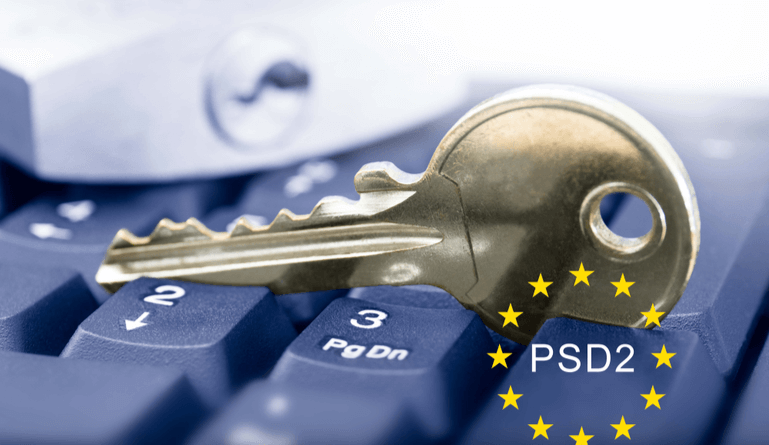In 2007, the first EU Payment Services Directive (PSD1) was established with the aim of creating a solitary market for payments in the European Union – making extraterritorial payments simple, low-cost and secure same as local payments.
Since then, the digital economy has grown tremendously and new services that lay outside of the scope of PSD1 have come into play. To address these changes, the Second Payment Services Directive II (PSD2) was established in 2018.
What is PSD2?
The Second Payment Service Directive (PSD2) is an essential piece of payments-related legislation in Europe. It is generally a product of a review of the initial Payment Services Directive that lays the groundwork for the banking changes that are taking place in Europe and globally.
What Kind of Payments does the PSD2 Apply to?
The new regulation applies to all payment service providers (PSPs), including banks, electronic money institutions, and payment institutions. It covers all types of payment accounts and methods, except paper-based payments and cash.
What are the Main Changes Brought by PSD2?
The PSD2 reflects the major changes to the payments market since the implementation of the first PSD. The main changes reflected in the PSD2 include:
1. Acknowledgment of new PSPs
In addition to traditional banking institutions, customers can grant third party Payment Service Providers (PSPs) access to their banking and financial information. These third-party PSPs include credit check agencies, price comparison websites or apps, and other providers looking to entice customers with a better deal than the one provided by their current provider. PSD2 introduces two new forms of PSPs, which include Account Information Service Providers (AISPs) and Payment Initiation Service Providers (PISPs).
2. Extended scope of coverage
Extended scope of coverage of the PSD2 to include One Leg Out Transactions, which are basically transactions that involve PSPs that are located outside of the EU. Expansion of the scope to include all payment transactions not just EEA currency payments, but all currencies within the EEA.
3. Transparency requirements
The new directive requires PSPs to provide customers with transaction information on single payment instruction as part of a framework contract. This means that customers will get all the information they need when they make a payment, including clear information about payment fees and charges.
4. Increased security of online payments
PSD2 aims at enhancing the protection of the customers’ data and minimizing the risk of fraud for online transactions. For all online transactions, two or more elements of Strong Customer Authentication (SCA) must be applied.
What Does the PSD2 Mean for B2B Businesses?
The main aim of the PSD2 is to ensure that financial institutions and other third-party providers of payment services offer a consistent level of service. When PSD2 goes into effect on September 2019, B2B businesses will benefit from the following:
- Increased transparency with no hidden or additional fees or charges,
- Heightened level of security when making transactions
- Freedom to switch PSPs to get better deals
- Freedom to use money management apps or services to track spending habits
What are the Benefits of PSD2 for Banks?
Some of its benefits for banks include:
- Payment instigation across a single application
- Consolidated synchronized reporting across transactions and balances in all accounts and currencies translates into better cash flow forecasting
- Considerable cost savings through the minimization of connectivity intricacy with the banks
Once the new directive comes into effect on September 2019, online payments within the EU are expected to be more competitive, faster, cheaper and more secure for the end customer. Since PSD2 possesses remarkable opportunities for B2B merchants, becoming compliant is a crucial baseline. Be sure to reach out to one of the payment experts to find out how you can become compliant.

